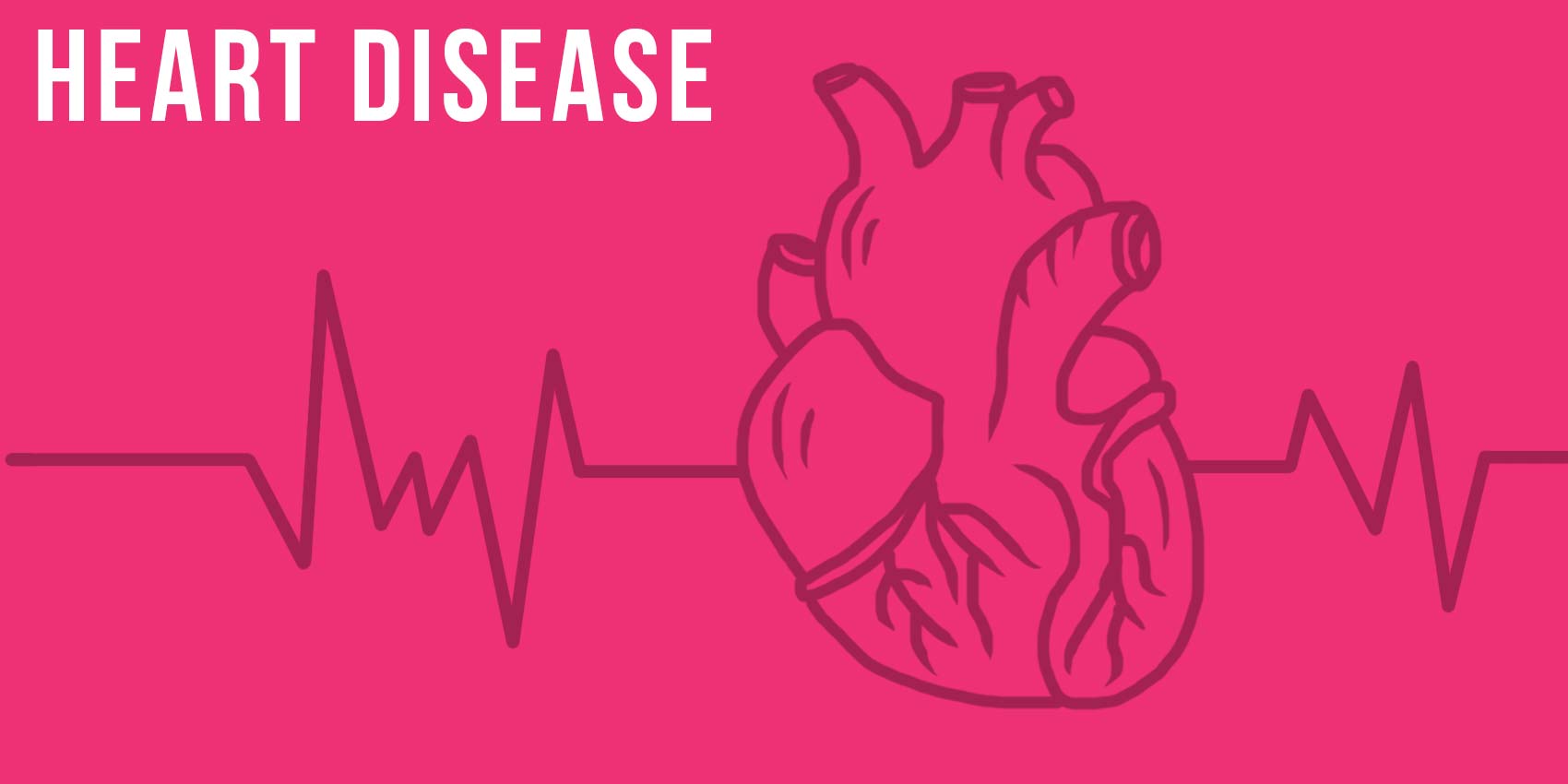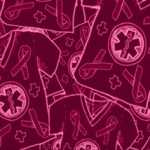14 Feb Heart disease

HEART DISEASE is a term used to describe many illnesses that affect your heart. These generally fall into three different categories:
- Diseases where your blood vessels (arteries and veins etc, remember those from the circulatory system sub-post?) become restricted (meaning partially or wholly blocked)
- Heart rhythm problems such as arrhythmia’s where the heart has problems keeping a steady beat.
- Heart defects that you are born with, which are referred to as congenital heart defects.

DID YOU KNOW? Heart disease is the leading cause of death among adults in the United States.
(Source: https://www.cdc.gov/nchs/fastats/leading-causes-of-death.htm)
The term “cardiovascular disease” refers to the first set of diseases above—the ones where the blood vessels are affected. In these cases, the blood vessels narrow or become blocked and that can cause a heart attack, chest pain or even stroke (see the next sub-post to learn about stroke).
Here are some important terms to know involving cardiovascular disease:
Arteriosclerosis: When arteries harden and become more rigid. This restricts blood flow as healthy arteries are usually flexible and elastic.
Atherosclerosis: This is a specific type of arteriosclerosis, although the two words are often used interchangeably. Atherosclerosis is when fat deposits, cholesterol and other substances build up on the walls of arteries making it difficult for blood to pass. When the arteries become too narrow a heart attack can occur.
Angioplasty: A surgical treatment for heart disease whereby a tiny balloon is dragged through the affected artery to clear the blockage.
Hypertension: A condition when the blood pressure on the walls of the arteries stays at a level that is higher than normal. What is blood pressure? Check out the Did You Know?

DID YOU KNOW? Blood pressure is a measurement of how much pressure your blood is placing on your arterial walls. It consists of systolic pressure, the number measured when your heart beats and diastolic pressure, the number when your heart is resting. if your blood pressure is high, that is an indication that you may be suffering from heart disease. A normal level is 120 (systolic)/80 (diastolic).
Most cardiovascular disease is the result of lifestyle habits. For instance, smoking is a major contributor to cardiovascular disease. It causes all types of problems in the lungs and in the blood vessels. In particular, tar can build up (yes tar, like the stuff they use to pave roads) in your blood vessels and make the transfer of oxygen and carbon dioxide near impossible… can you say hello heart failure? Similarly, being overweight can cause complications that contract the blood vessels and increase the chances of a heart attack. This is why the choices that you make about smoking, nutrition, alcohol, exercise and the like are literally LIFE CHANGING. Managing your stress levels is important too (stress can affect your blood pressure and put stress on your heart—talk about a mind body connection!).
Now you may be thinking, But I’m young and young people don’t get heart attacks. Well, think again. 5.6 million teens will die later in life by diseases caused by smoking today. Yes, one day you will not be in your teens and you will have to wonder to yourself, Did I treat myself well when I was young? Because if you don’t start healthy habits now, you will likely be in trouble later. As science fiction as it may seem, every adult you know was once your age. Look at them now. Do you think some of them wished they had started better habits early? What will your choice be?




Post Question:
If you were given a research grant to work to eliminate one NCD, which one would you choose to work on and why?
Answer the post question here
What's being said